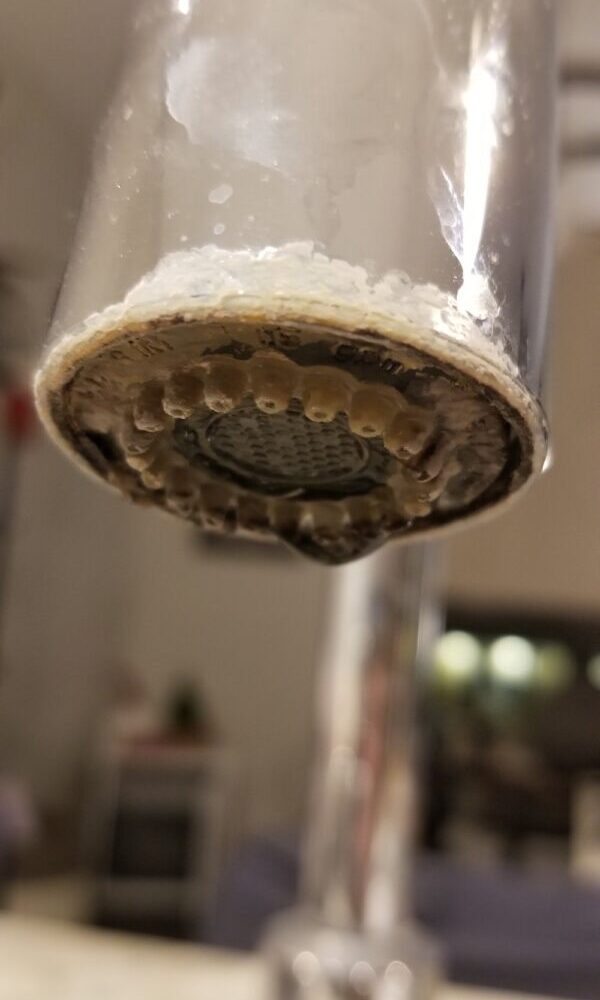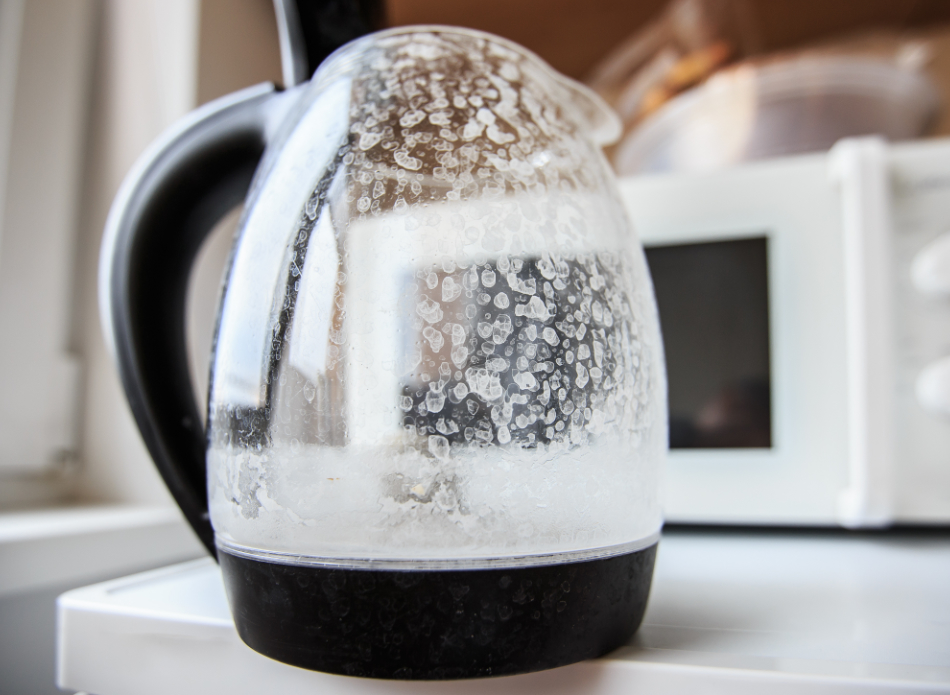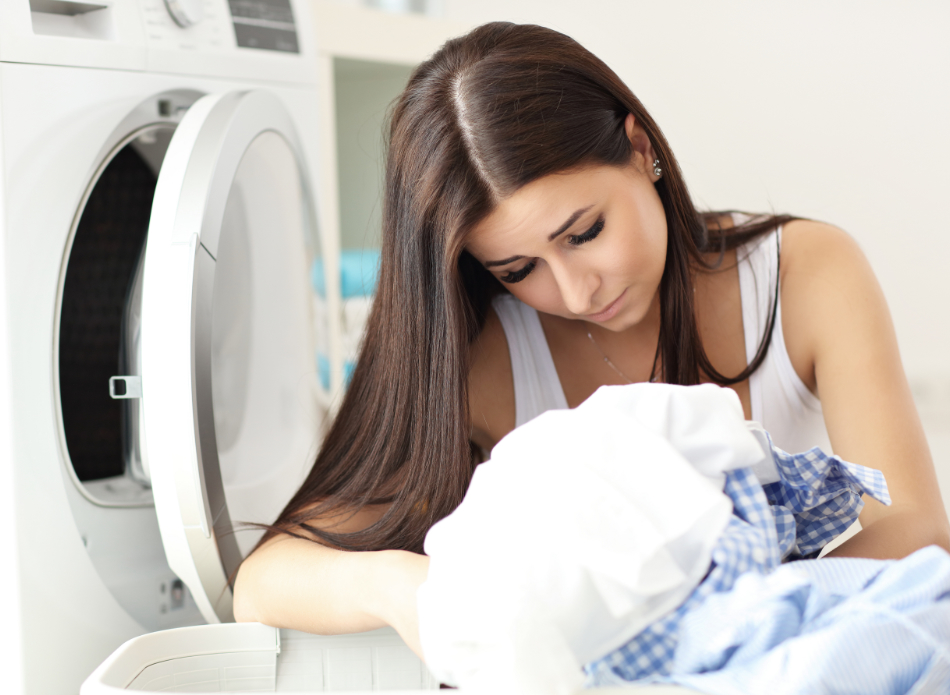hard water
Hard Water in Connecticut
Many homes in Connecticut have hard water. While not a health or safety concern, hard water can cause all sorts of problems. From limescale build-ups that show as white stains on your sinks, to pressure issues due to clogged fixtures, and build-up you can’t see in your appliances, like a coffee maker, that can lead to frequent and costly replacements
You don’t have to suffer from hard water! Here at H2O Equipment Company, we’ve got the solution to hard water - our high quality water softeners.
SIGNS OF HARD WATER:
The following are common symptoms of hard water:
- Dry and itchy skin
- Clogged shower heads
- Unmanageable hair that feels like straw
- Wasted soap - and the bubbles don’t last
- Soap scum in your shower
- White deposits on and around your shower doors, faucets and sinks
- Grey bath water, dingy clothes and off-colored tea
- Stiff clothing with lots of lint in the lint drawer
What is Hard Water?
When we describe water as “hard,” we’re referring to high concentrations of minerals such as magnesium and calcium. This mineral content mainly comes from bedrock. One way to think about hard water is that it’s essentially full of dissolved rock, and the deposits it leaves represent the dissolved rock coming “back out” in solid form. (speaking in simplified terms about the chemical processes of weathering and precipitation involved with hard water)
A water-hardness scale considers the relative hardness of a particular supply of water based on its constituent mineral grains of calcium and magnesium.
The main issues with hard water come from the solids that precipitate out of it, such as calcium carbonate and magnesium hydroxide, and the chemical reactions it promotes. These can lead to everything from scale coating fixtures to difficulty producing suds in the wash.
Is hard water bad for you? No, it does not pose a health risk. That said, it can add up to major inefficiencies in your fixtures, water systems, and lead to major expenses! And the same “rock” that clogs your shower head also sticks to your body, clothes, hair, and anywhere hard water is present.

Start with our FREE Water Test
Takes only 10 minutes
No Obligation
Why wait? Call now!
860-267-0110

FREQUENTLY ASKED QUESTIONS
I like how my water feels. Why should I soften it?
You may THINK you like it, but it’s a bigger problem than you realize. Hard water can be an expensive issue.
By clogging up heating elements, pipes, filters, nozzles, and more, hard water degrades the performance of appliances and reduces water flow, raising heating costs and shortening the lifespan of water heaters, dishwashers, and the like. If you notice low water pressure, it could be from hard water clogging your shower head or aerator on your sink.
Each 5 grains of hardness causes a 4% loss of efficiency in gas water heaters. Hardness shortens the life of the heating element. Softened water allows you to use 20 to 40% less soap and detergent. Shower heads on 20-grain hard water lose 75% of their flow rate in less than 18 months! Hard water deposits coat your skin, hair, clothes, dishes- everything.
Why does my soft water feel slippery?
That slippery feeling is not soap. It’s your soft skin that’s no longer coated with rock. Your natural oils are now allowed to come to the surface.
Your softened water may take a little getting used to. Some users are surprised at the new silky feel of what's coming out of the tap or the showerhead, but this simply reflects more of your natural oils being able to reach the surface of your skin, no longer coated by a hard-water film. There are no levels of softness, only degrees of hardness. If your water is treated with a softener, it simply has an absence of hardness.
Will my water taste salty once it’s softened?
Almost never, but a softener does add some salt to the water if you use sodium chloride. You can use potassium chloride instead, which is a salt substitute and will add some potassium to the water
It’s unusual for people to detect a saltier taste in their water due to the presence of sodium chloride in some water softeners, but if that does happen, you can use a softener with potassium chloride instead.
To Sum Up Hard Water
- Hard water is NOT a health risk
- It means you have dissolved rock in your water
- This rock – which you can’t see, wants to come back out as rock and coat EVERYTHING
- Hard water causes white staining, clogged fixtures and appliances, and pressure loss
Hard Water Solutions
Water softening solutions help you avoid the undesirable stains and added expenses that go along with hard water. A good water softener chemically transforms and eliminates the calcium and magnesium in your water while also removing iron and manganese. The benefits can be dramatic: For example, softened water can mean you use up to 40% less soap and detergent for cleaning. Hard water can also make you burn through soap more quickly, given how it takes more soap to sustain a lather.
A water softener also treats for iron, which is very common in well water.
Here at H2O Equipment Company, we offer top-of-the-line water softeners as well as the water testing services that can help you confirm the level of your hard-water problem. Learn more about our water softener services here >

